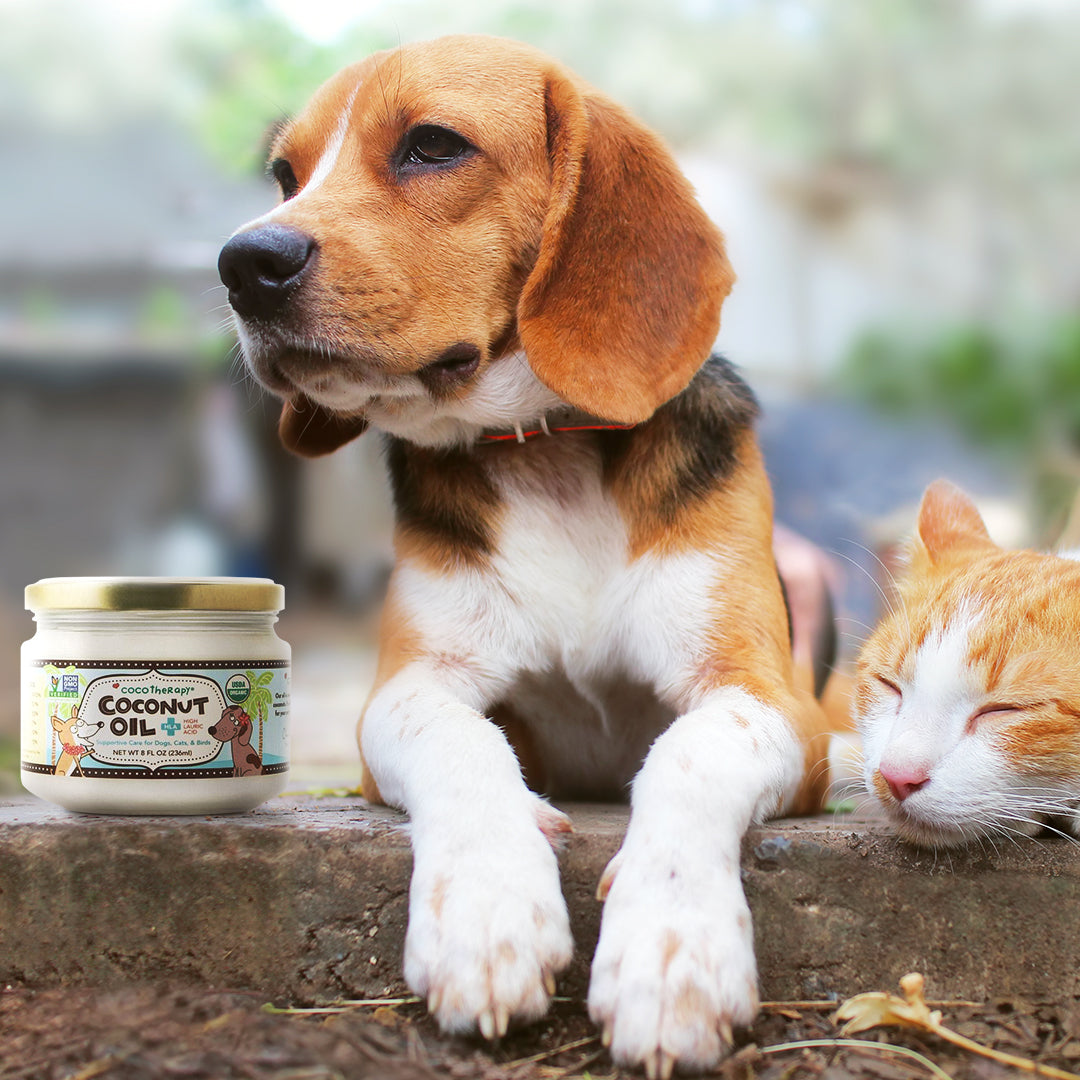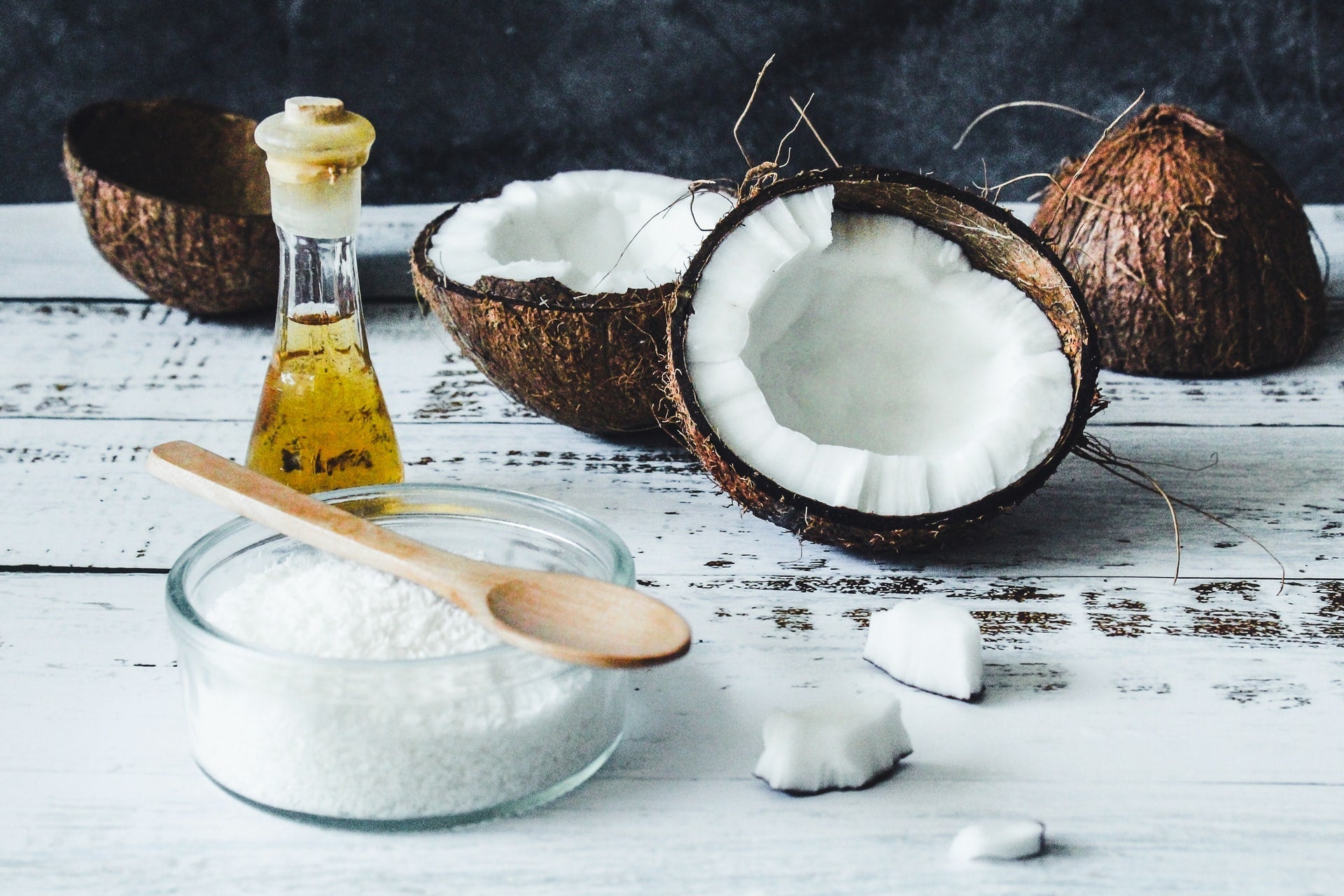Prebiotics and probiotics are food compounds that help support your pet's digestive and immune health. But what's the difference between these beneficial compounds, and what role do they play in the body? In this post, we'll explain what prebiotics and probiotics are and explore the health benefits they provide. We'll also take a look at the best ways to introduce prebiotics and probiotics to your pet's diet.

What Are Prebiotics?
Prebiotics are types of fiber that feed and nourish the "good" bacteria that reside in your pet's gut. These good bacteria are also known as probiotics. Fermentation of fiber into prebiotics gives probiotics a competitive advantage over "bad" bacteria in the large intestines. By supporting the good bacteria, prebiotics aid digestion and help prevent diseases of the gastrointestinal tract. They also promote overall immune health and help your pet absorb more of the nutrients in their food.
Fibers act as prebiotics when they are fermented and used as food by gut bacteria. The most important end-products of fiber fermentation are short-chain fatty acids (SCFAs). These SCFAs provide fuel for the cells of the colon and promote balanced intestinal microbial populations. This results in higher levels of beneficial bacteria in the gut, which helps enhance immune and gastrointestinal health. In fact, according to an article from Healthline, SCFAs "may reduce the risk of inflammatory diseases, type 2 diabetes, obesity, heart disease and other conditions."
What Are Probiotics?
Probiotics are living organisms that are composed of select strains of the same beneficial bacterial species that are specifically supported by prebiotics. For this reason, they work with the good bacteria already present in your pet's gut. Together, these types of bacteria help break down and digest food and keep harmful bacteria from spreading and causing illness. Probiotics help maintain healthy levels of good bacteria in the intestine, keeping your pet's digestive system running smoothly, boosting the immune system, and supporting general bodily health.
While prebiotics function to alter gastrointestinal microbiota by feeding and nourishing selective microbes, probiotics can alter the gastrointestinal flora by supplying a direct source of beneficial microbes. This means that prebiotics and probiotics work together to keep your pet's digestive tract running smoothly and boost immune health.
Prebiotic Foods for Pets
A wide range of fiber-rich foods can act as natural prebiotics for dogs and cats. These include pumpkin, sweet potatoes, apple slices, and medicinal mushrooms like turkey tail, maitake, and reishi. Coconut fiber is also an excellent source of prebiotics and has potent anti-inflammatory properties thanks to its medium-chain fatty acids (MCFAs). It acts as food for beneficial gut bacteria, increases SCFAs in the gut, and prevents and relieves symptoms associated with Crohn's disease, irritable bowel syndrome (IBS), colitis, and other digestive disorders.
Our CocoTherapy Coconut Chips are made from dehydrated organic coconut meat. The dried coconut flakes are made of pure, 100% organic coconut meat, with absolutely NO sugars, salt, preservatives, or chemicals added. Our organic coconut chips are raw and dehydrated slowly at a low temperature, 98.6° F (37° C). This keeps the nutrients intact, resulting in a raw coconut that tastes fresh, has a wonderful texture, and contains all the rich nutrients found in fresh coconuts. Simply add them to your pet's food to provide them with a healthy source of prebiotics!
Probiotic Foods for Pets
A variety of natural, whole foods can be added to your pet's diet to supply them with probiotics. These include probiotic-rich fruits and vegetables such as apples, asparagus, and seaweed. Some raw dairy products like yogurt, kefir, and goat's milk are also great sources of probiotics for pets. Feeding fermented foods is another excellent way to supplement your pet's diet with probiotics. In her article for Keep the Tail Wagging, Kimberly Gauthier recommends, "adding 1-2 tablespoons of fermented vegetables to one raw meal per day."
Prebiotic and Probiotic Supplements for Pets
Prebiotic and probiotic supplements for pets are also widely available. However, most healthy pets should be able to obtain adequate levels through diet alone. Prebiotic and probiotic supplements may be useful for some pets that are recovering from illness or have a history of poor gastrointestinal health. But it's important to speak to your veterinarian before adding these supplements to your pet's diet.
That's it for today's post. We hope you enjoyed our overview of prebiotics and probiotics. Check back on the blog next week for the answer to a question we're often asked, If Virgin Coconut Oil Is Anti-Bacterial, Doesn't It Harm Beneficial Bacteria in the Gut?



